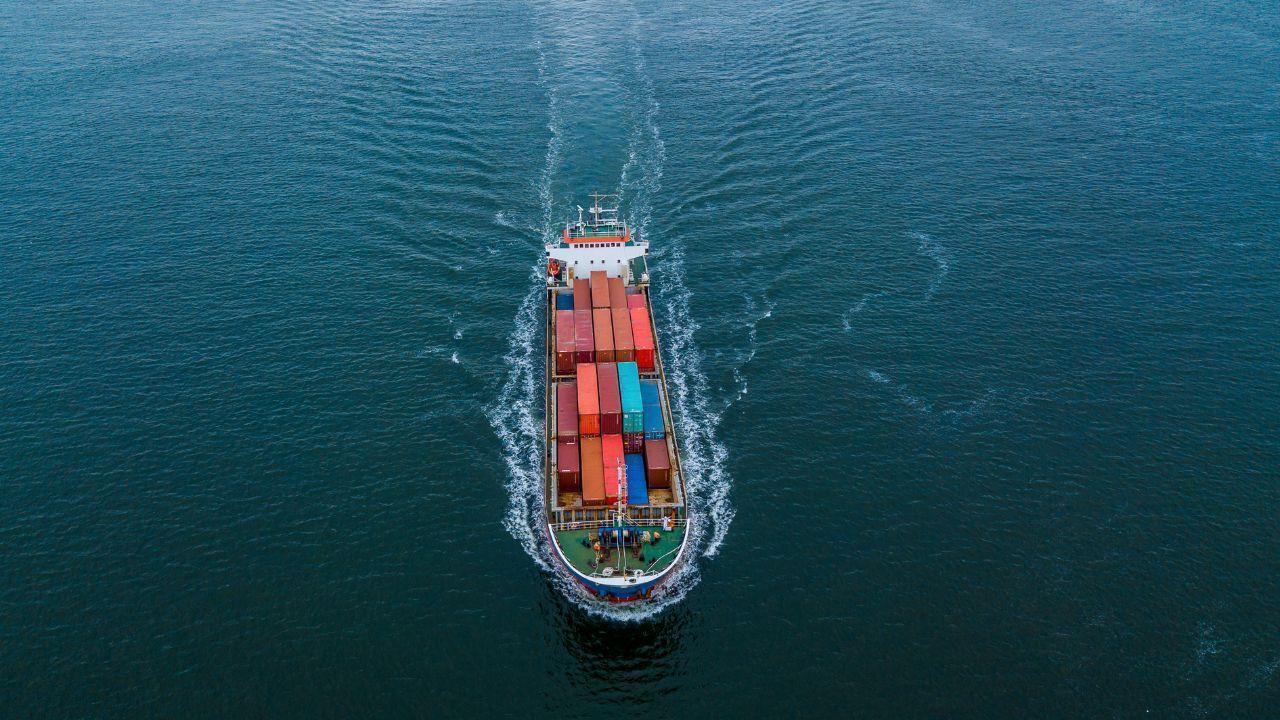
Post by : Shivani
The United Kingdom government has taken another strong step in its campaign to limit Russia’s ability to finance its ongoing military operations by sanctioning 70 additional oil tankers along with numerous companies linked to Russia’s military supply chain. This latest measure is part of a broader effort to cut off Moscow’s oil revenues and weaken its capacity to sustain its war machinery.
With the addition of these 70 vessels, the UK has now sanctioned nearly 500 oil tankers connected to Russia—the highest number by any country—significantly outpacing the European Union’s 444 and the US’s 200 sanctioned ships. These vessels are part of what is referred to as Russia’s “shadow fleet,” a clandestine network of tankers that continue transporting Russian oil despite international sanctions and trade restrictions.
The newly sanctioned vessels include tankers operated or associated with Russian state-controlled energy giants such as Sovcomflot, Rosneft, and Gazprom. Among these is the Vasily Dinkov, a notable Arctic ice-class tanker launched in 2008, specially designed to carry oil from fields located within the Arctic Circle. Other Gazprom-linked vessels like the Gazpromneft Zuid East, Kirill Lavrov, and Mikhail Ulyanov have also been blacklisted.
The UK government’s main aim with this expanded sanction list is twofold. Firstly, it seeks to drastically reduce Russia’s oil income, which serves as a vital source for financing its military operations. Secondly, it intends to limit the logistical capabilities of Russia’s military by targeting key suppliers who provide essential technology and materials for weapons manufacturing.
British Foreign Secretary Yvette Cooper emphasized the urgency of international cooperation to increase economic pressure on Russia. Speaking in Kyiv amidst escalating Russian attacks on Ukraine, Cooper said, “International action is crucial to sever the critical cash flows necessary for Russia to finance its illegal war.” She hailed these sanctions as the “next stage” of the UK’s ongoing efforts, which include security support for Ukraine and collaboration with allied countries striving for peace.
Besides the oil tankers, the UK also imposed sanctions on 30 companies and individuals implicated in providing critical supplies to Moscow’s military industry. These suppliers span across Russia, China, and Turkey and include manufacturers of electronics, chemicals, and explosives essential for producing advanced Russian missile and drone systems like the Iskander and Kh-101.
Among those sanctioned is a China-based electronics firm, Shenzhen Blue Hat International Trade Co. Ltd., along with its Russian co-owners, and Turkey-based Mastel Makina Ithalat Ihracat Limited Sirketi. The UK authorities accused these entities of enabling Russia’s destructive drone and missile campaigns through their technology supplies.
This round of sanctions comes on the heels of a particularly deadly phase in the Russia-Ukraine conflict. In July alone, Russia launched more than 6,500 missile and drone strikes on Ukraine—about ten times more than the previous year’s levels. One of the recent attacks was reportedly the largest airstrike in weeks, involving the launch of over 800 missiles and drones overnight, causing severe damage to civilian infrastructure, including the British Council and European Union delegation buildings in Kyiv.
Additionally, Russian forces have encroached into NATO member Poland’s airspace, sparking international concern and condemnation. These aggressive actions further justify the UK’s decision to step up sanctions to cripple Russia’s war economy and restrict its military escalation capabilities.
By blacklisting these vessels and companies, the UK demonstrated its leading role internationally in sanctioning Russia’s oil trade. The UK government is focused on its commitment to “ramp up economic pressure” alongside providing security assistance to Ukraine and coordinating with the “Coalition of the Willing.” This coalition includes countries that share the goal of pushing for a just and lasting peace in the region.
The term “shadow fleet” refers to a group of vessels that use deceptive shipping practices to evade sanctions and continue transporting sanctioned oil cargoes from Russia. These tankers often change flags, alter identifying data, or engage in ship-to-ship transfers to obscure ownership and destination, enabling Russia to circumvent restrictions placed by Western sanctions.
The UK sanctions specifically focus on identifying and targeting these ships to choke off illicit oil shipments, thereby reducing Russia’s oil export revenues, which are a major contributor to its war budget.
The United Kingdom’s latest sanctions package, including 70 additional oil tankers and key military suppliers, is a strategic move to cut off financing for Russia’s war in Ukraine. By targeting Russia’s shadow fleet and companies supplying weapons components, the UK aims to diminish Moscow’s operational capabilities and push for peace through economic pressure.
These sanctions, coupled with the UK’s ongoing security assistance to Ukraine and diplomatic efforts with international partners, show a robust commitment to countering Russia’s aggression and supporting the defense of Ukrainian sovereignty. The global community will watch closely as these measures take effect, hoping they contribute to a reduced intensity of conflict and a pathway to peace.
UK Sanctions Russian Oil Tankers Shadow Fleet Russia Oil Exports Energy Sector Sanctions Military Funding
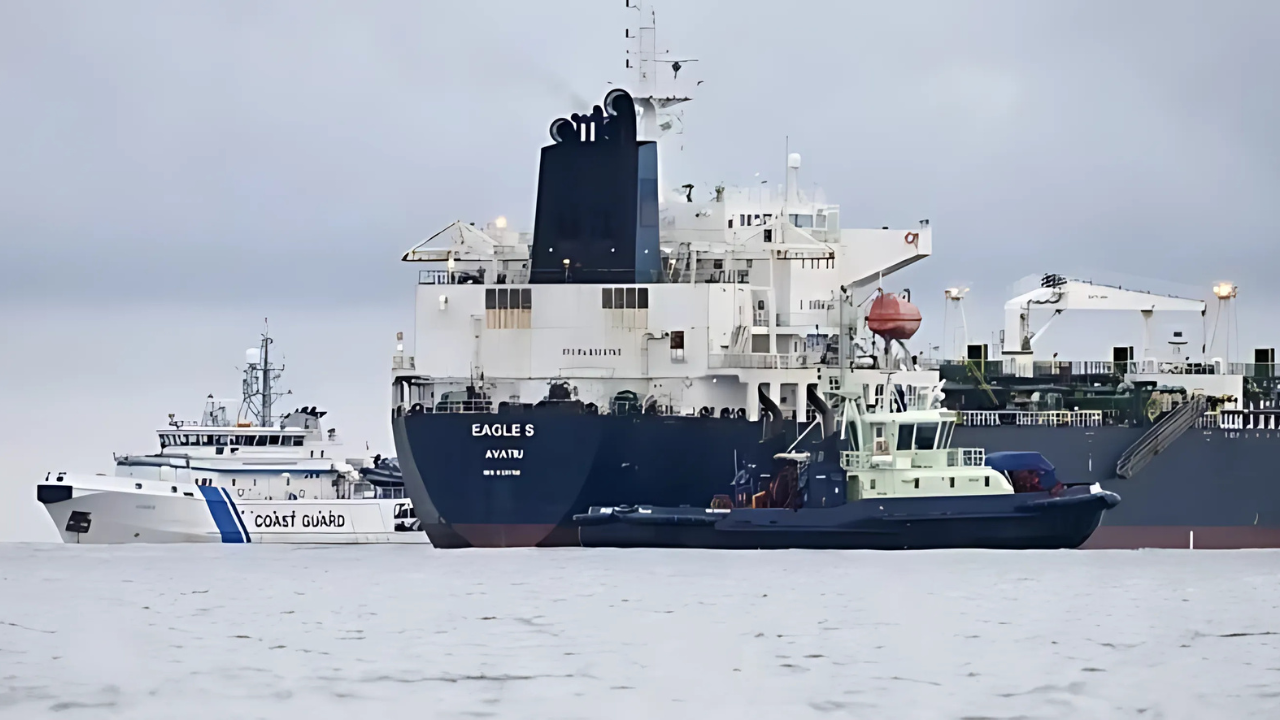

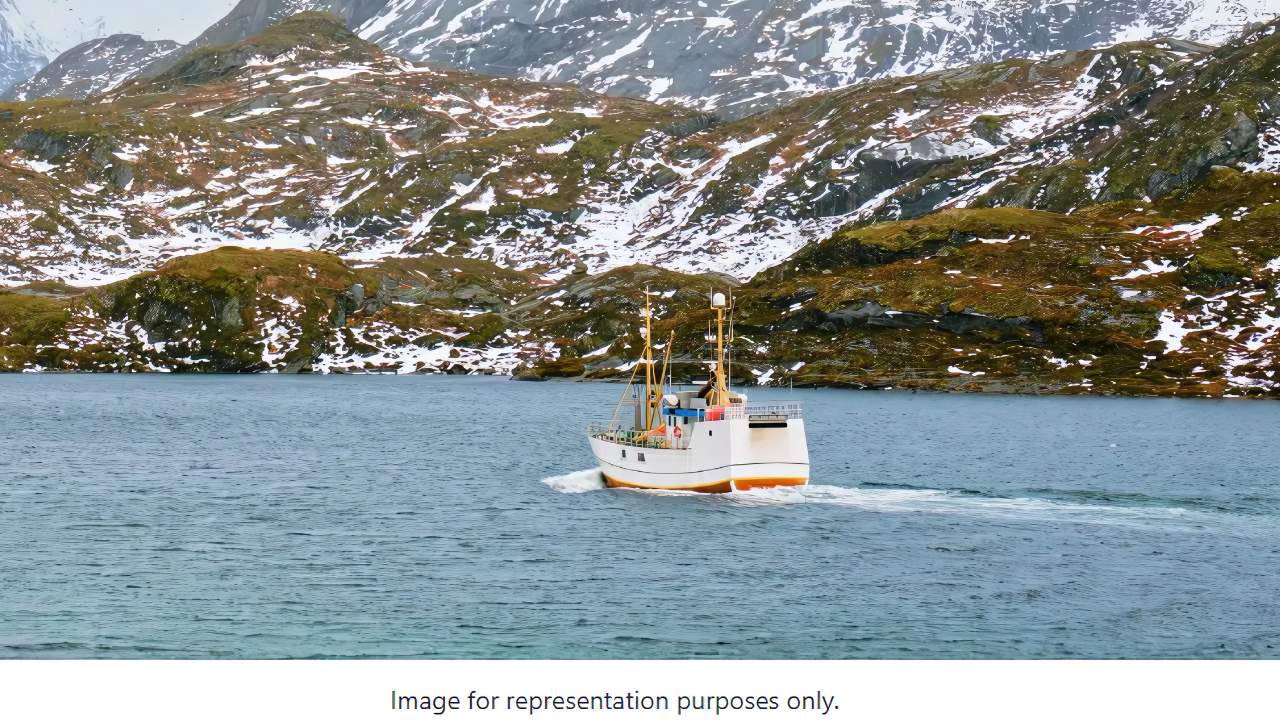
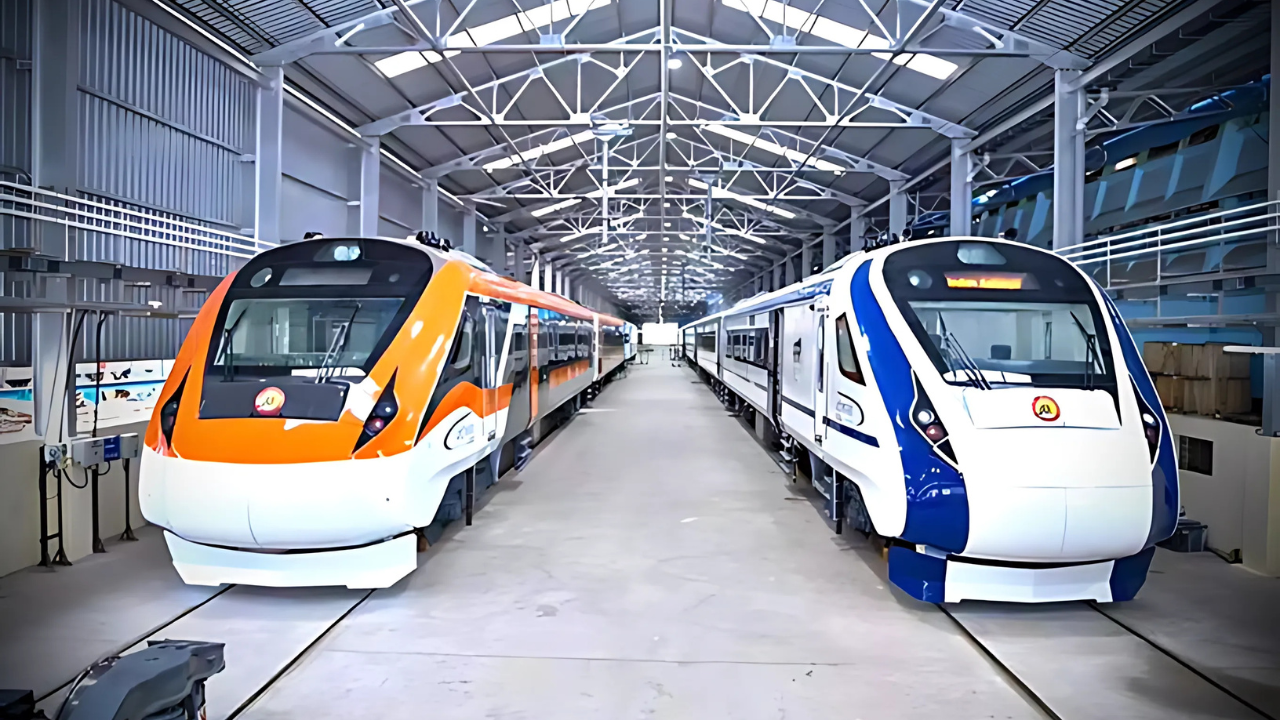
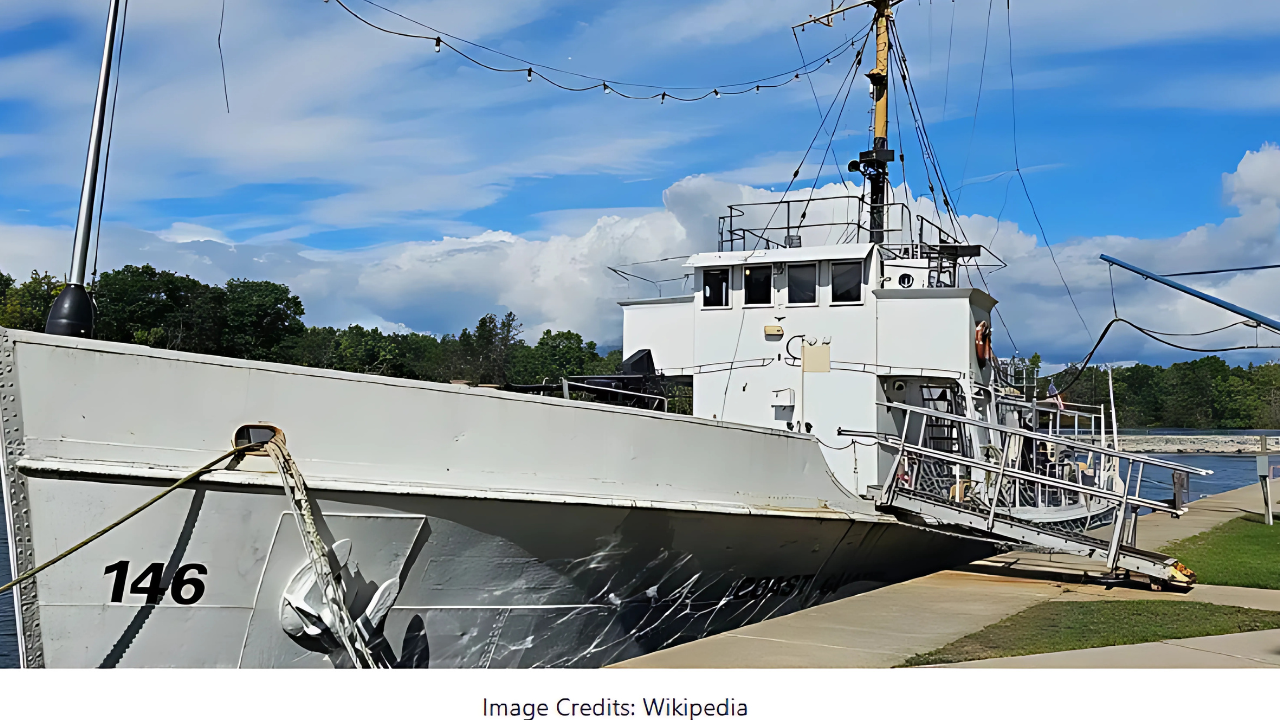
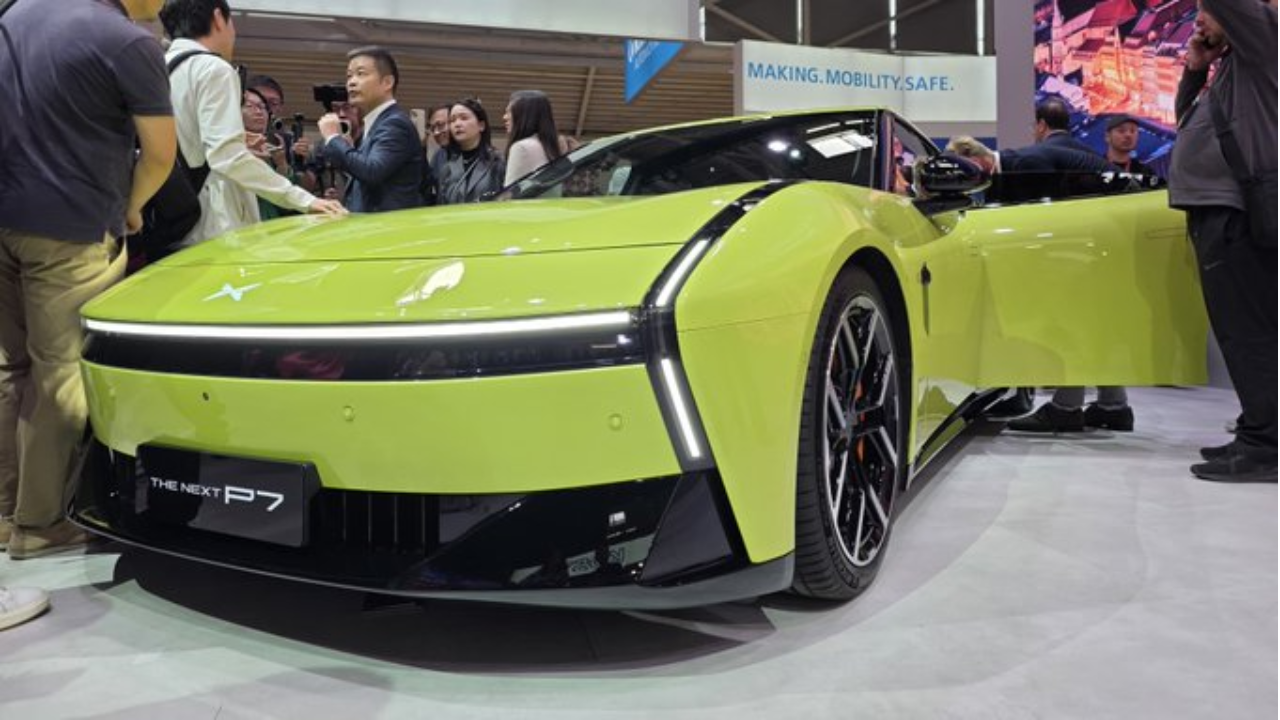


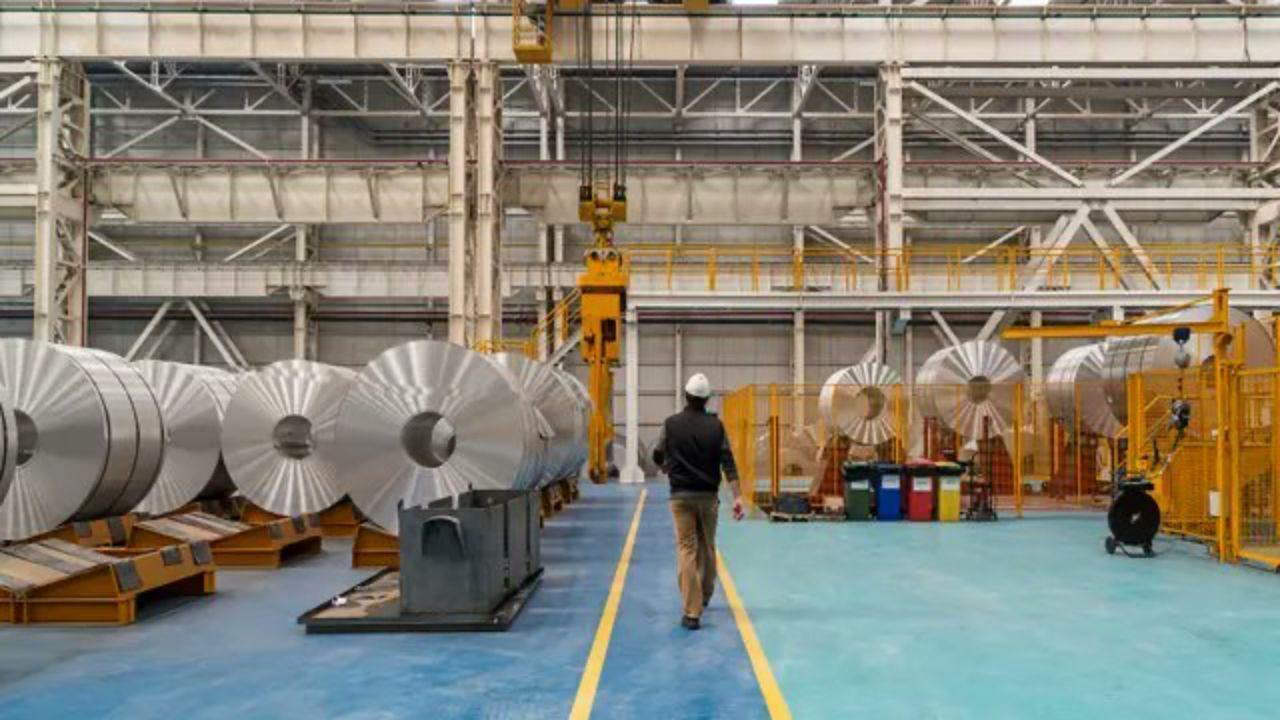
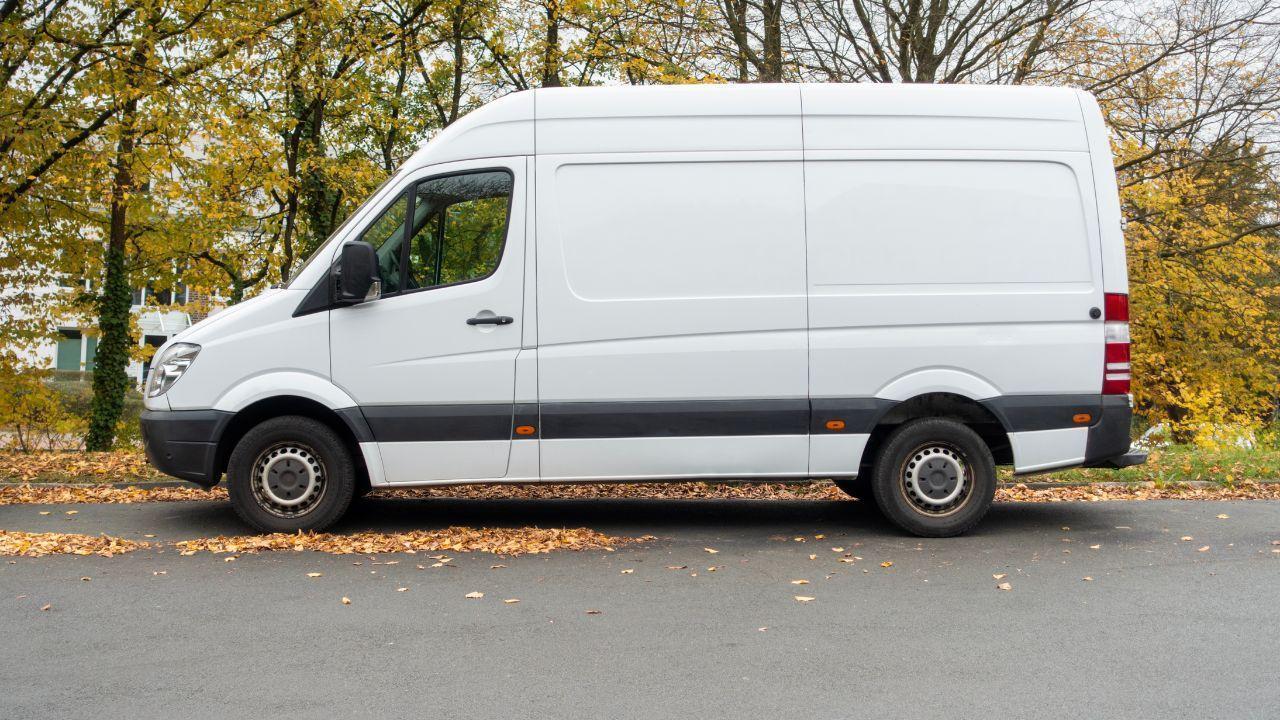
GST Overhaul Triggers Massive Road Freight Surge in India
India braces for a huge spike in road freight as the GST overhaul and festive season drive consumpti
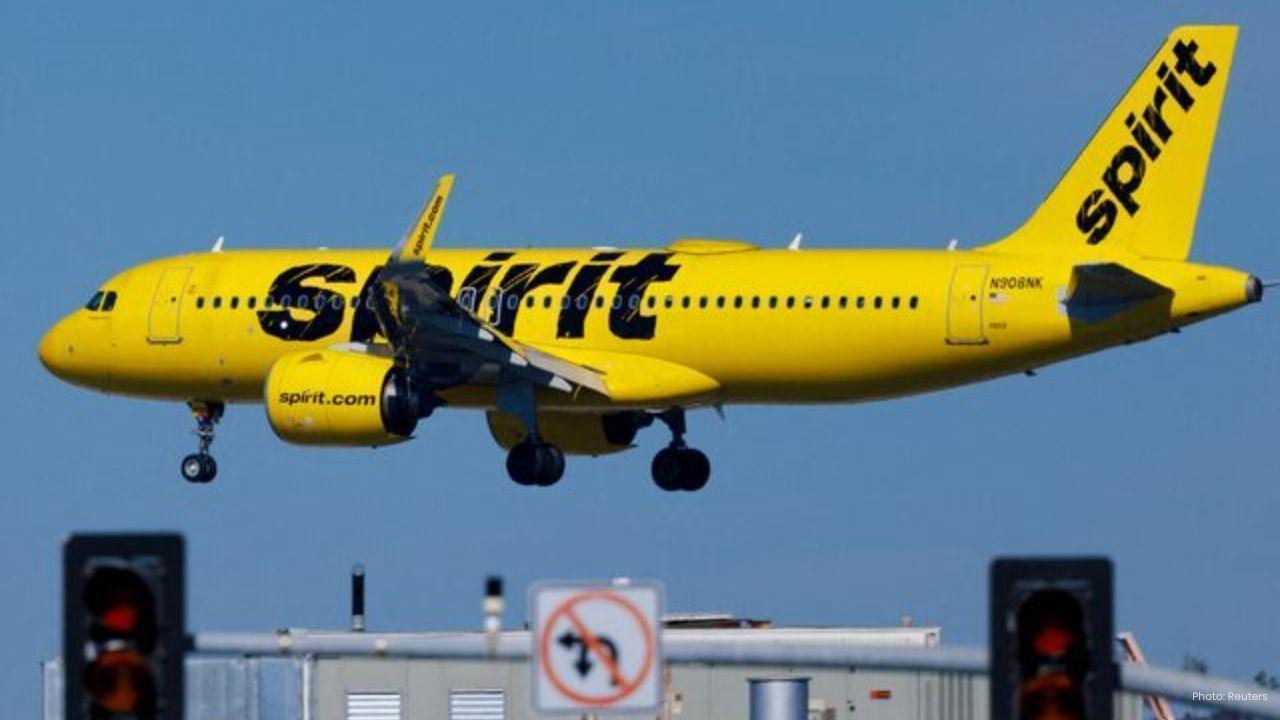
United CEO Warns Spirit Airlines May Not Survive Financial Struggles
United Airlines CEO predicts Spirit Airlines could go out of business due to repeated bankruptcies a
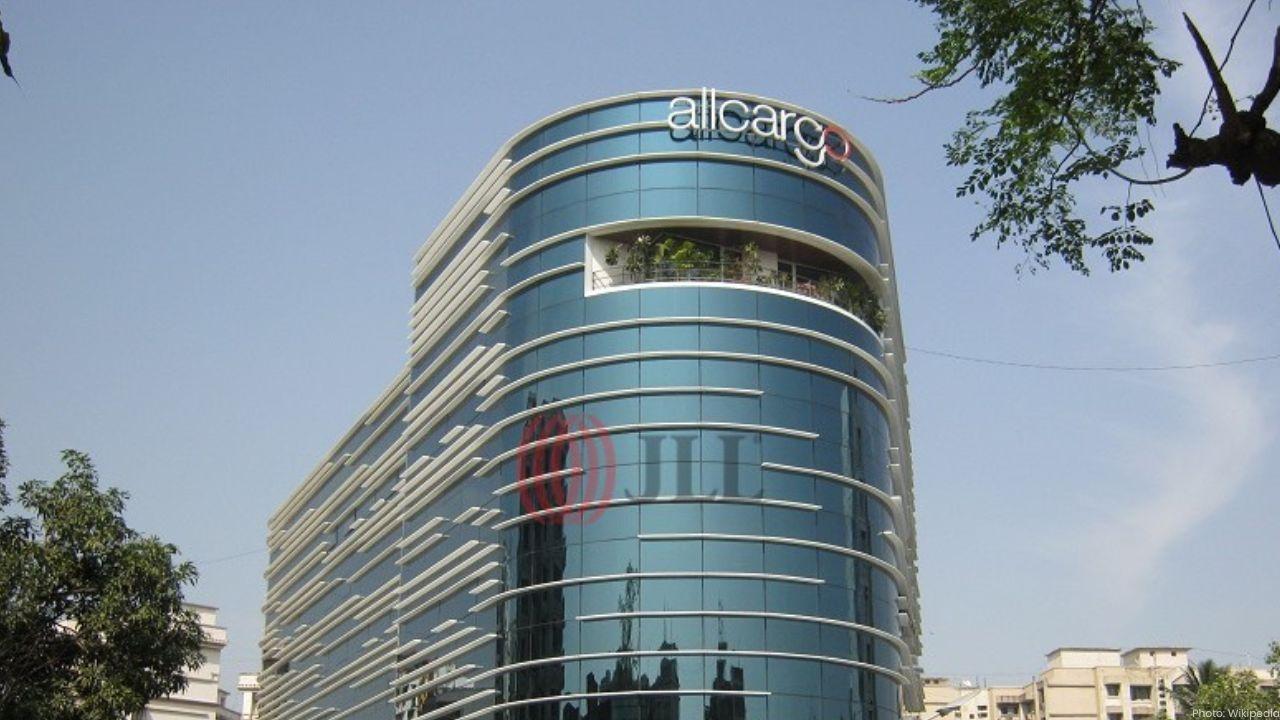
Allcargo Opens Panapakkam Logistics Park Near Chennai
Allcargo Supply Chain Launches Panapakkam Logistics Park to Boost Southern India Distribution with M
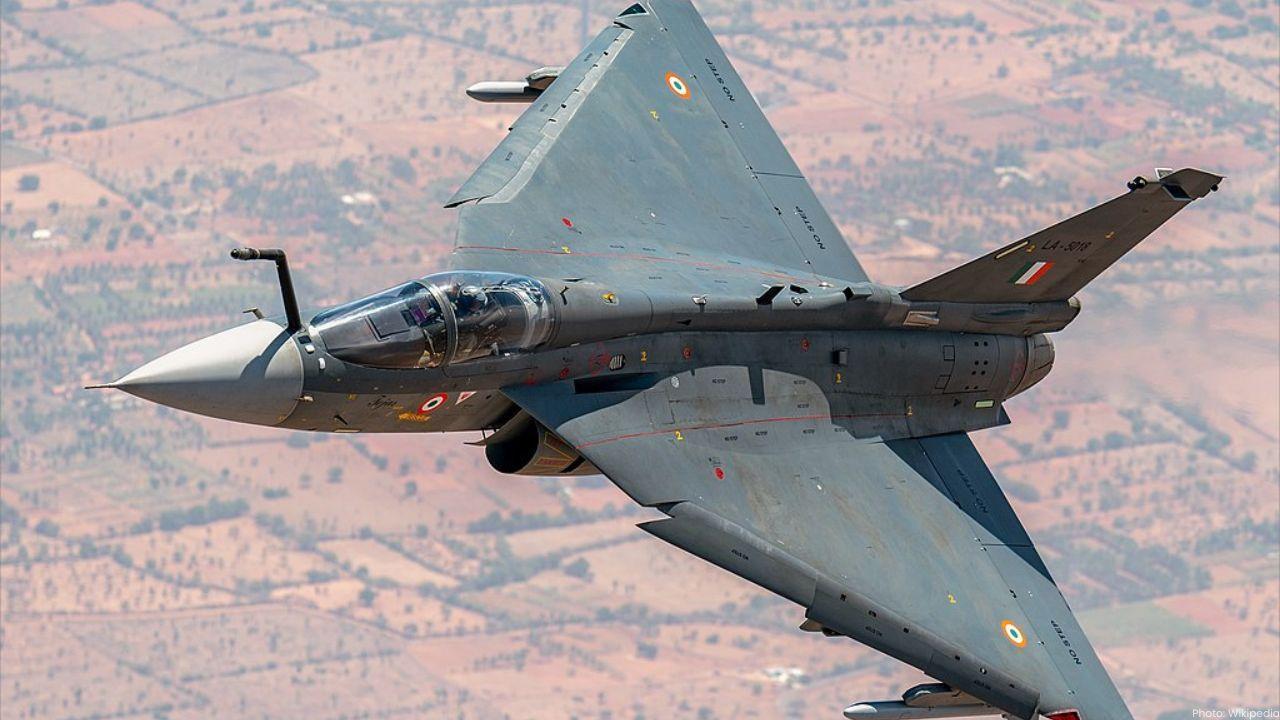
HAL Receives Third GE-404 Engine for LCA Mk1A Fighter Jet
HAL has received the third GE-404 engine from the U.S. for the LCA Mk1A fighter jet program, with an
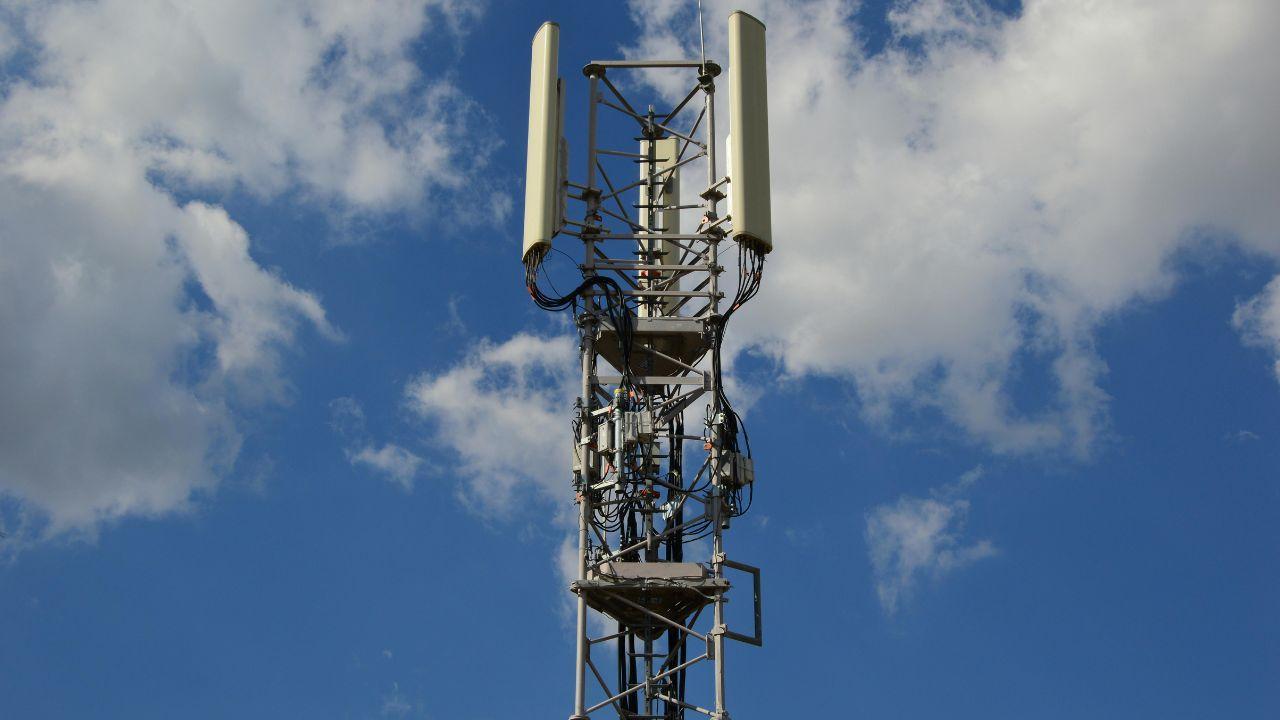
GlobalLogic Ericsson Launch Private 5G at Hitachi Rail Plant
GlobalLogic and Ericsson have deployed a private 5G network at Hitachi Rail’s Hagerstown facility, e

Honda Cuts Bike & Scooter Prices by Up to ₹18,887
Honda lowers prices of bikes and scooters under 350cc by up to ₹18,887, making commuting more afford